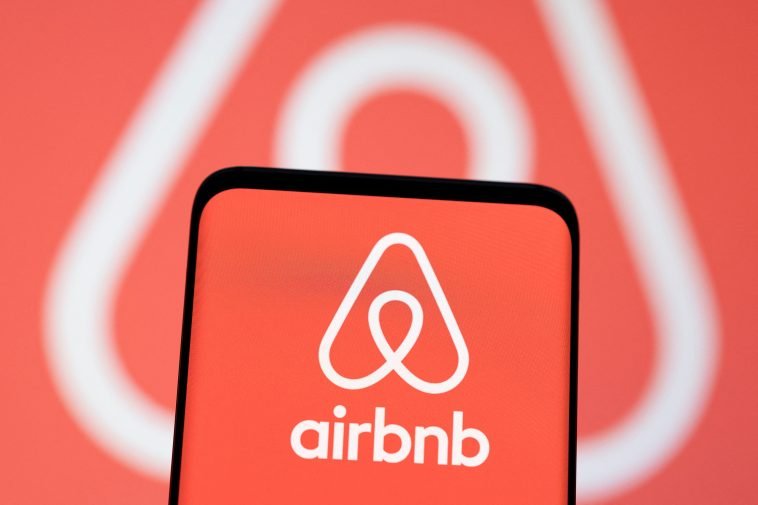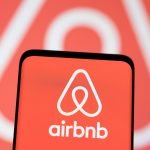Introduction.
Running an Airbnb business can feel like juggling a dozen balls at once—keeping track of bookings, managing guest communication, coordinating cleaning, adjusting pricing, and handling guest reviews. With so much to cover, it’s easy to feel overwhelmed, especially as your property count grows.
But what if there was a way to streamline these tasks so you could focus on growth, guest satisfaction, or even take a step back to enjoy a bit more personal time?
Automation can simplify nearly every aspect of running an Airbnb, turning it into a smoothly run, profitable business that doesn’t demand all your time.
Let’s go over how to automate each part of an Airbnb business to create more efficiency, boost revenue, and ultimately, reduce stress.
I’ll break down the top tools, the strategies that work, and how automation can be a powerful asset to both new and seasoned Airbnb hosts.
Why Automate Your Airbnb Business?
Automation isn’t just about saving time (though it does a great job of that); it also reduces human error, creates a more consistent guest experience, and enables you to scale up without needing to hire extra help. Whether you’re managing a single unit or a dozen, automation can help ensure:
- Timely Responses – Automated messaging tools allow guests to get quick responses, which increases booking conversions and guest satisfaction.
- Optimized Pricing – Dynamic pricing tools adjust rates according to market demand, increasing revenue without manual effort.
- Smooth Operations – Scheduling cleanings, check-ins, and maintenance with automation tools keeps everything running smoothly.
- Better Reviews – With automated reminders for check-out and post-stay feedback, you’re more likely to receive higher ratings.
Core Areas of Airbnb Automation
- Booking Management
Staying on top of booking requests, changes, and cancellations is crucial but can be draining without help. Platforms like iGMS, Hostaway, and Guesty centralize bookings from various sites (like Airbnb, VRBO, and Booking.com), syncing calendars and automating guest messages. Many of these platforms also let you track occupancy rates, see revenue analytics, and adjust booking rules to optimize profitability. - Guest Communication
Clear, consistent communication helps create a seamless experience for guests. Using tools like Hospitable (formerly Smartbnb) and AirGMS allows you to set up automated replies for inquiries, booking confirmations, check-in instructions, and even post-stay follow-ups. You can create templates that send specific messages depending on the stage of the guest journey. - Cleaning and Maintenance Scheduling
Cleanliness is key to positive reviews, so efficient scheduling is a must. Tools like TurnoverBnB and Properly automate cleaning schedules based on booking calendars, sending alerts to cleaners as soon as guests check out. You can even create checklists to ensure each task is completed. Maintenance requests can be managed similarly to avoid missed repairs or delays that might impact the guest experience. - Dynamic Pricing
Pricing tools like PriceLabs, Beyond Pricing, and Wheelhouse adjust rates based on factors such as seasonality, demand, local events, and competitor pricing. Many users report an increase in earnings of 10–40% with dynamic pricing as it ensures they’re charging the optimal rate for each night. - Guest Reviews
Encouraging positive reviews and managing guest feedback doesn’t have to be time-consuming. Automated messaging tools can prompt guests to leave a review post-checkout or thank them for their stay. For even more convenience, you can use features that automatically post a guest review within Airbnb’s guidelines. - Accounting and Finances
Keeping track of income, expenses, and taxes can be tedious, but tools like QuickBooks, Zoho Books, and Xero can automate much of the process. Some property management tools also integrate with these accounting platforms to track payouts and expenses, giving you a clear picture of your financial health without endless spreadsheets.
Pros and Cons of Airbnb Automation
Pros
- Efficiency: Automates time-consuming tasks, freeing up time for other activities or business growth.
- Consistency: Ensures responses and operations are smooth and reliable, enhancing the guest experience.
- Scalability: Makes it easier to add new properties without needing a full team.
- Better Revenue Management: Dynamic pricing and booking automation often increase revenue.
Cons
- Initial Costs: Some automation tools require monthly fees that can add up.
- Learning Curve: Getting the automation systems set up takes a bit of time and effort.
- Loss of Personal Touch: Automated messages may feel less personalized if not customized properly.
- Potential for Over-Reliance: Solely relying on automation could make it difficult to quickly adapt to unique situations or emergencies.
FAQ on Airbnb Automation
1. Do I need to automate every aspect of my Airbnb business?
Not necessarily. Start by automating the most time-consuming tasks, like guest messaging and scheduling, and add more as you see fit. Tailor your automation based on what works best for your operations.
2. Can automation negatively impact guest satisfaction?
It can, but only if it feels too impersonal. Using thoughtful message templates with a friendly tone and customizing messages where possible will help maintain a personal touch.
3. Which automation tool should I choose?
It depends on your needs. If you’re managing several properties, a comprehensive platform like Guesty or iGMS may be ideal.
For those with a single unit, simpler tools like Hospitable or TurnoverBnB can cover most automation needs without being overwhelming.
4. Is dynamic pricing really worth it?
For most hosts, yes. Studies show dynamic pricing can increase revenue by 10–40% as it maximizes your nightly rate based on demand, competition, and other factors. It’s an effective way to ensure you’re charging the right price at the right time.
5. How do I handle security with automation?
Many property management systems offer integrations with smart locks, allowing you to set and reset access codes remotely for each guest. Platforms like Igloohome and RemoteLock can integrate with automation tools to streamline check-in securely.
Conclusion
Automating your Airbnb business can transform the way you manage properties, making your operations leaner and more profitable.
From guest communication to pricing adjustments, the right automation tools allow you to streamline and grow your business while maintaining a positive guest experience.
As you consider automation, think about which parts of your business take the most time and effort, and start there.
So, as you look into automating your Airbnb business, what task do you think would save you the most time?





GIPHY App Key not set. Please check settings